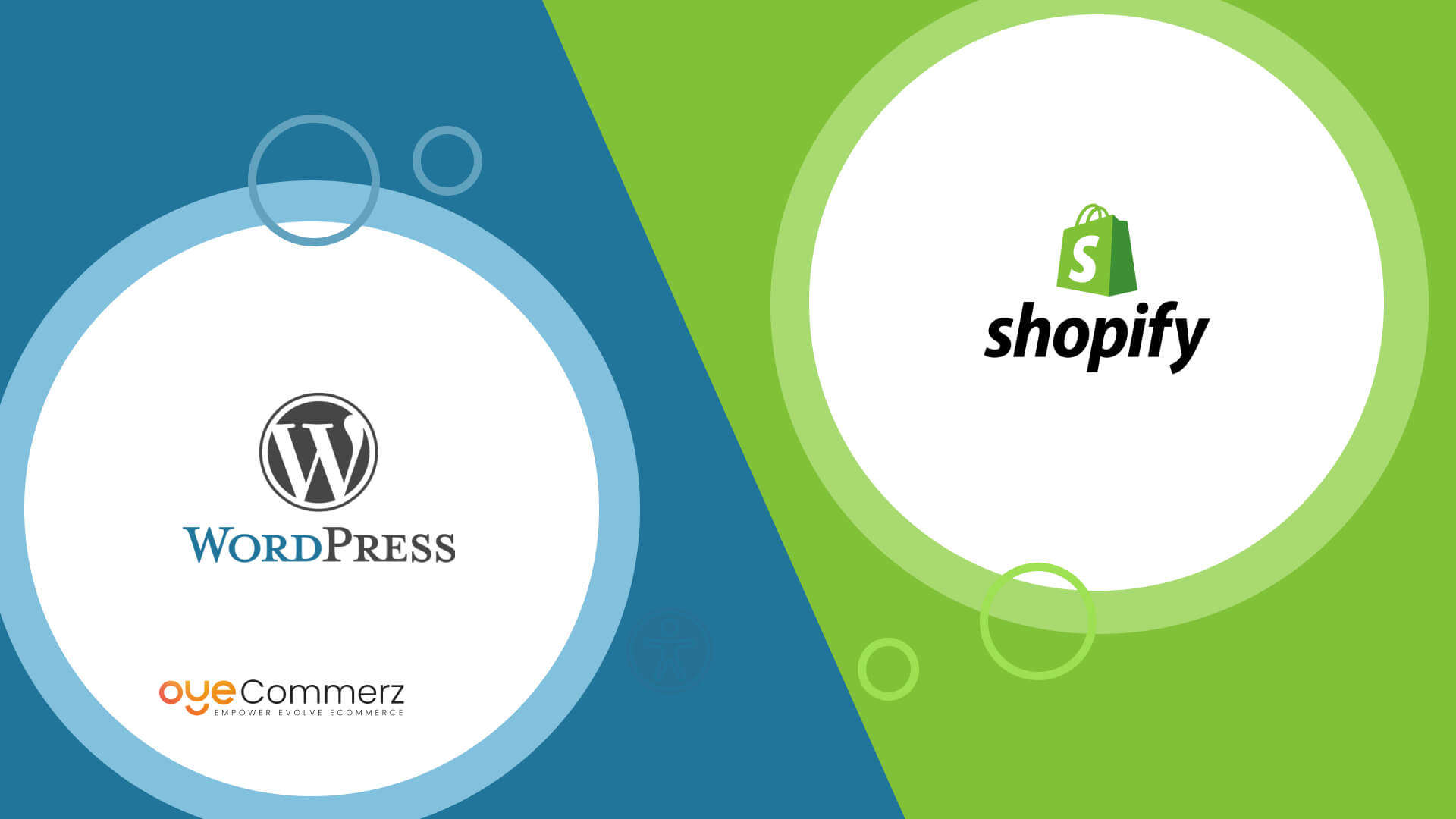In the constantly changing world of eCommerce, selecting the optimal platform is essential for your company’s growth. If you’re currently using WP and planning a migration to an alternative, you’re not by yourself. Many businesses are shifting to leverage Shopify’s comprehensive features, user-friendliness, and growth potential. This guide will take you through the journey of migrating from WP to Shopify seamlessly, making sure that you realize your eCommerce potential.
Why Switch from WP to this platform?
Prior to diving into the migration process, it’s crucial to understand why this change can be advantageous for your eCommerce business:
Intuitive Design: Shopify offers an user-friendly interface that streamlines store management, allowing for non-technical users.
Flexibility: As your business develops, Shopify can support increased visitors and sales without compromising speed.
Integrated Features: Shopify comes with integrated resources for SEO, analytics, payment processing, and much more, minimizing the necessity for several plugins.
Enhanced Security: With Shopify, you get access to advanced security measures that safeguard critical customer data.
Steps for a Smooth Migration
Migrating your online store from WP to Shopify includes several phases.
Here’s steps to achieve a hassle-free transition:
Prepare Your Migration Approach
Kick-off by drafting your migration blueprint. Pinpoint which aspects of your existing site you want to transfer, such as:
Item details
User details
Transaction records
Articles
Choose the Right Migration Package
Based on your preferences, choose a migration package that suits your business. Migration experts delivers various options:
Starter Package: Suitable for boutique stores with limited products.
Mid-Tier Plan: Appropriate for mid-range businesses with moderate requirements.
Advanced Plan: Excellent for high-volume stores demanding custom customization.
Backup Your Data
Before starting the migration, make sure that you have a full copy of your WP site. This task is critical in case anything goes wrong during the transfer.
Export Your Data from WordPress
Use plugins or custom scripts to transfer critical content from your WP site:
Items
Clients
Transactions
Articles
Migrate Content into Shopify
When you have your information extracted, use Shopify’s migration apps Shopify online presence boost or specialized apps to transfer your data into your updated store. Verify that all content is properly organized and arranged.
Personalize Your Shopify Store
Once uploading content, tailor your Shopify platform’s design to match with your business goals. Think about hiring a developer if you need detailed customization.
Establish Checkout Systems and Delivery Settings
Set up transaction methods and shipping settings in Shopify to ensure a user-friendly purchase experience for customers.
Adopt SEO Guidelines
To keep your SEO performance during the migration:
Implement 301 redirects from existing URLs to updated ones.
Update metadata.
Enhance visual content and content for SEO.
Review Your Updated Platform
Ahead of publishing, extensively test your new store. Look out for any errors, checkout failures, or incomplete files.
Go Live Your Platform
After everything is in place, it’s time to publish! Inform the update to your users and invite them to discover the enhanced offerings of your Shopify store.
Post-Migration Guidance
Following releasing your Shopify store, regular assistance is key. Explore partnering with service providers who can guide with:
Site maintenance
Customer engagement
Performance optimization
Conclusion
Migrating from WP to Shopify can be a transformative decision for your online retail. By following this guide and utilizing professional services like those offered by dedicated providers, you can ensure a smooth transition that enhances your digital storefront. Accept the shift OyeCommerz eCommerce experts and unlock the full capabilities of Shopify today!

Comments on “Unlocking eCommerce Success: The Comprehensive Guide to Effortless WordPress to eCommerce Migration”